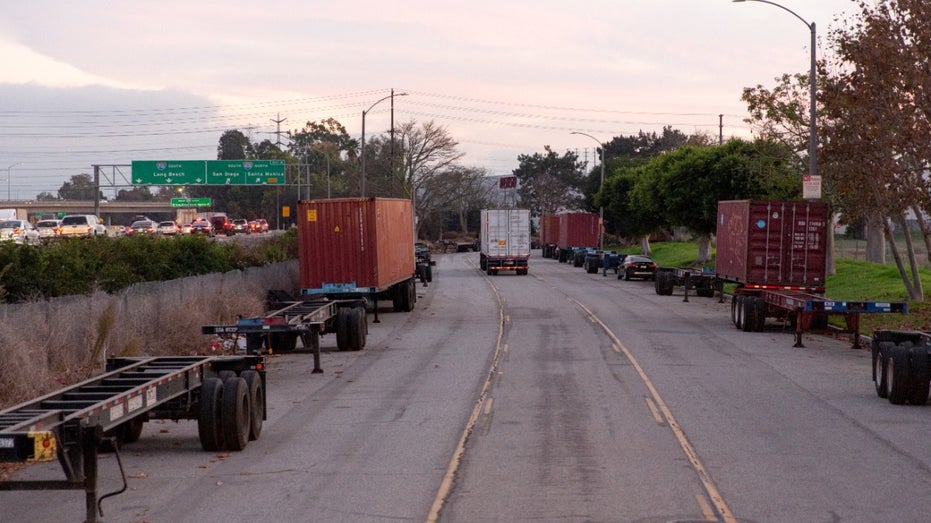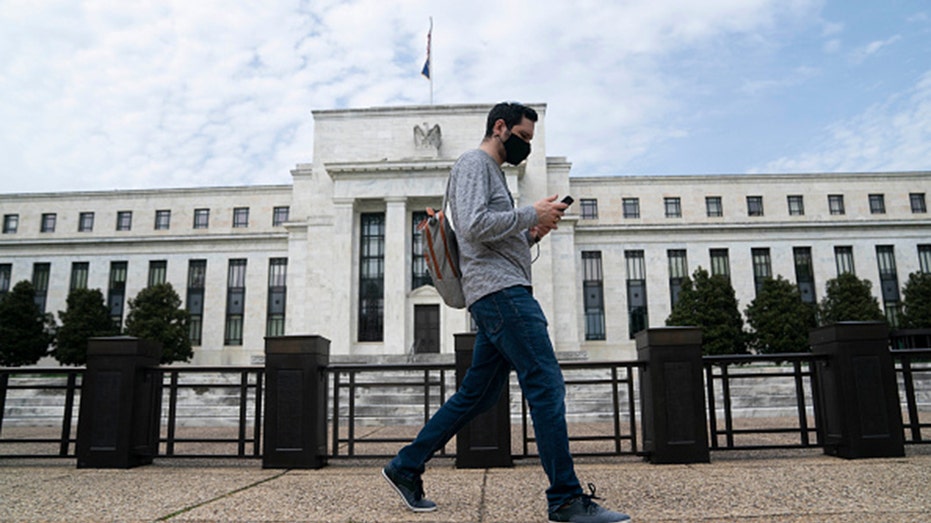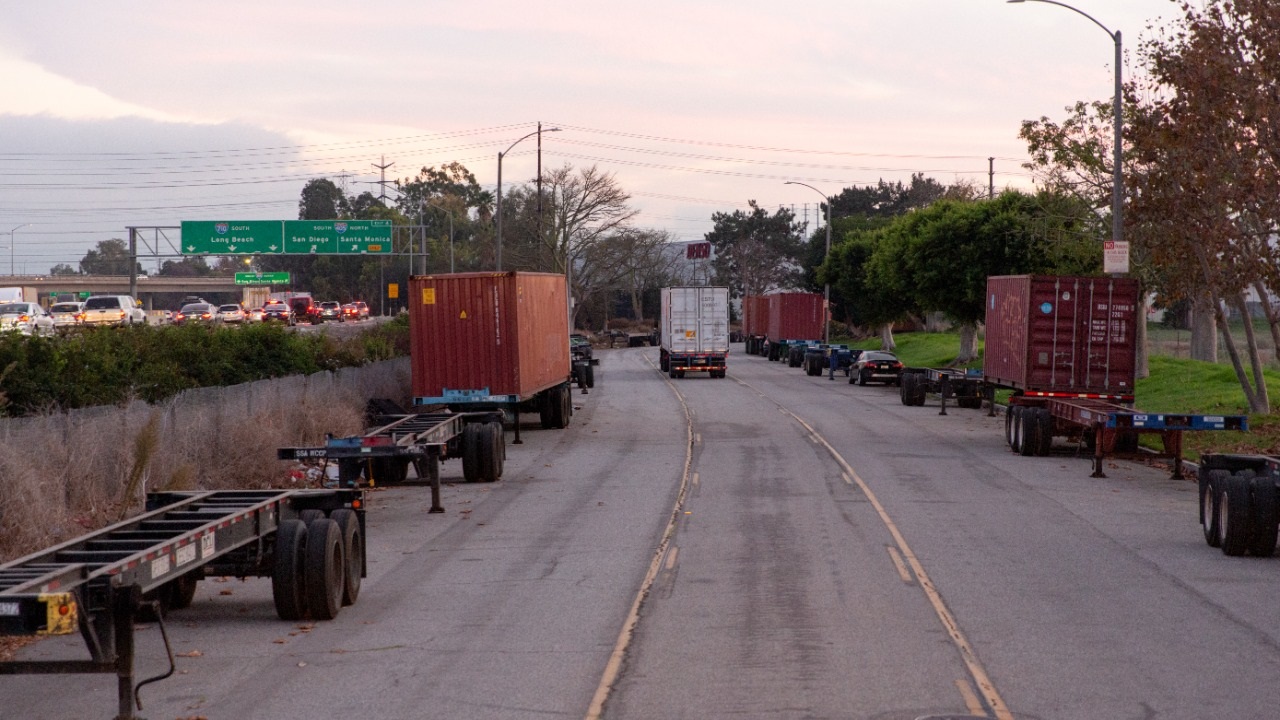Collapsing trucker demand could foreshadow looming recession
Trucking has proven to be a somewhat reliable bellwether for the US economy
Recession is coming, prepare your portfolio: Market strategist
Slatestone Wealth Chief Market Strategist Kenny Polcari said on ‘Varney & Co.’ the Federal Reserve interest rate hike could be 75 or 100 basis points in the summer.
A sharp, unexpected downturn in trucking demand since the beginning of March could be evidence of a looming economic recession, according to Bank of America strategists.
A Tuesday analyst note from Ken Hoexter, the managing director of Bank of America's trucking research, shows that shippers see rapidly softening demand for trucks, with a gauge tracking truckload demand falling for the fourth consecutive month to its lowest level since June 2020.
That is "near freight recession level," Hoexter wrote. On an annual basis, the gauge has plummeted about 23%.
ONE OF BIDEN'S FAVORITE ECONOMISTS SEES A HIGH CHANCE OF RECESSION IN NEXT 2 YEARS
"Respondents noted a softening demand outlook, loosening market, deteriorating rail service, and pricing softness in the market," the analyst note said. "Shippers' short-term positive outlooks fell to 39% from 50% last survey, neutral outlooks jumped to 43% from 39%, while negative outlooks were 18% from 11%."
A different indicator that measures shippers' views on truck rates, meanwhile, collapsed to its lowest level since May 2020, when the U.S. economy was still in the throes of the COVID-19 pandemic. About 36% of shippers now expect rates to fall in the coming months, a significant increase from the 17% recorded in the last issue.

Shipping containers and chassis along a street in Long Beach, California, on Nov. 16, 2021. (Allison Zaucha/Bloomberg via Getty Images / Getty Images)
Trucking has proven to be a somewhat reliable indicator for the U.S. economy and is often viewed as a bellwether, because when people buy less, companies ship less and business activity then slows. Broader economic downturns have followed six of the 12 trucking recessions since 1972, according to one analysis conducted in 2019 by Convoy, a trucking data company.
The analysis comes amid growing fears on Wall Street that the Federal Reserve could inadvertently trigger a recession as it takes a more aggressive approach to fighting inflation, which is at the highest level since December 1981. Policymakers raised rates by a quarter-percentage point in March, and have since confirmed that sharper, half-point increases are likely in the coming months, beginning in May.
"It is appropriate to be moving a little more quickly," Fed Chairman Jerome Powell said last week during a panel discussion at the International Monetary Fund and World Bank spring meetings. "I also think there’s something in the idea of front end-loading whatever accommodation one thinks is appropriate. So that points in the direction of 50-basis points being on the table."
Traders are now pricing in a 100% chance of at least a half-point rate jump when policymakers meet on May 3-4. It would mark the first time since 2000 that the U.S. central bank raised the federal funds rate by 50 basis points.

A man wearing a mask walks past the U.S. Federal Reserve building in Washington D.C., on April 29, 2020. (Xinhua/Liu Jie via Getty Images / Getty Images)
Some economists believe the Fed waited too long to confront the burst in inflation, while others have expressed concerns that moving too quickly to stabilize prices risks triggering an economic recession. Hiking interest rates tends to create higher rates on consumer and business loans, which slows the economy by forcing employers to cut back on spending.
Bank of America, Goldman Sachs and Deutsche Bank are among the Wall Street firms that have suggested a recession is possible – or likely – in the next two years.
Powell has pushed back against concern that further tightening by the central bank will trigger a recession and has maintained optimism that the Fed can strike a delicate balance between taming inflation without crushing the economy.
GET FOX BUSINESS ON THE GO BY CLICKING HERE
Still, he acknowledged the difficulty of the task ahead and said it is "absolutely essential" for central bankers to restore price stability.
"Our goal is to use our tools to get demand and supply back in sync, so inflation moves back into place, without a slowdown that amounts to a recession," Powell said. "I don't think you'll hear anyone at the Fed say that's straightforward and easy. It's going to be challenging."





















